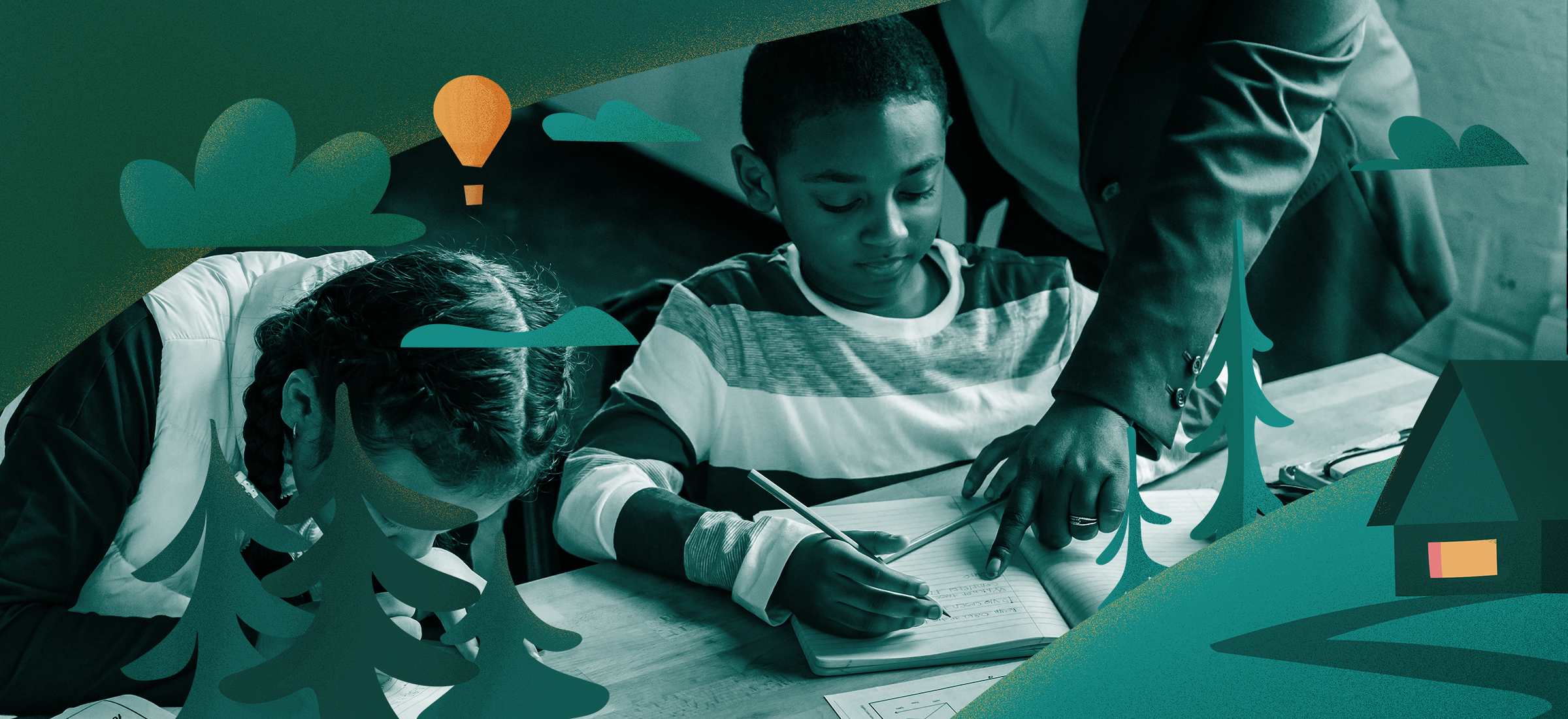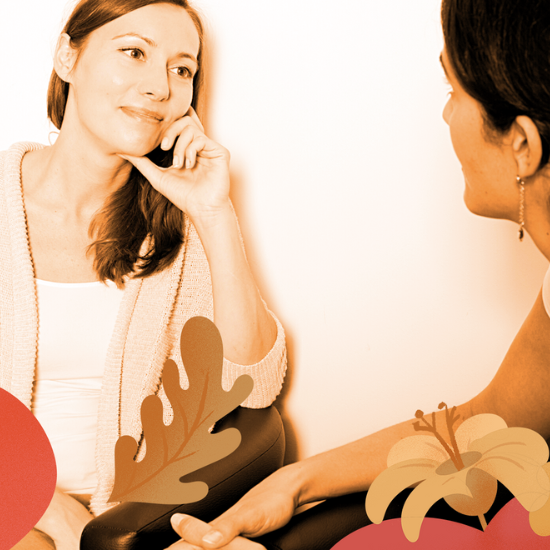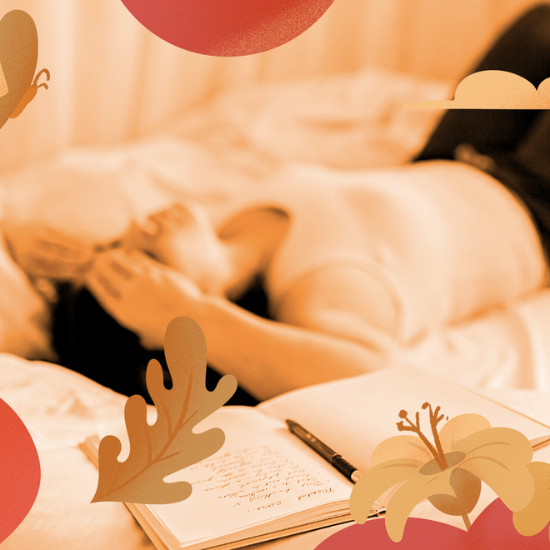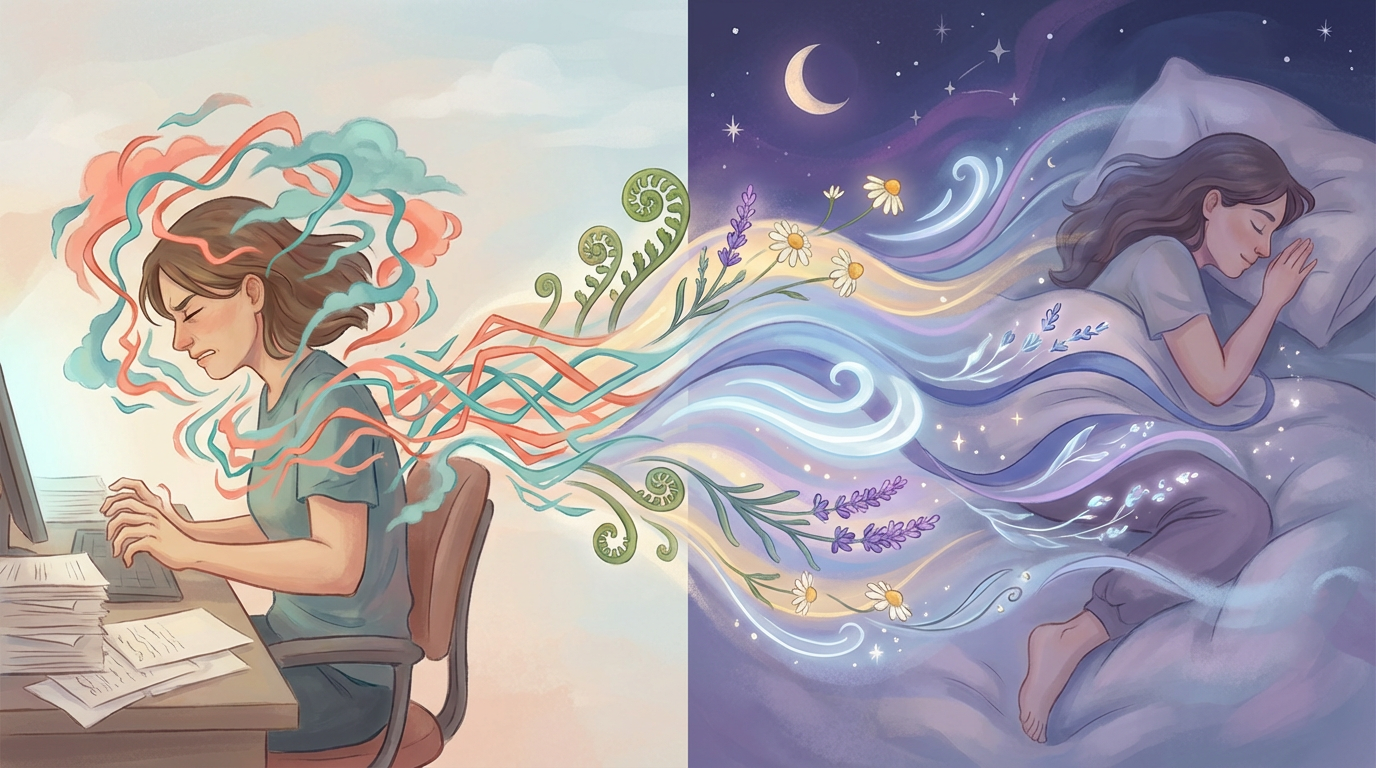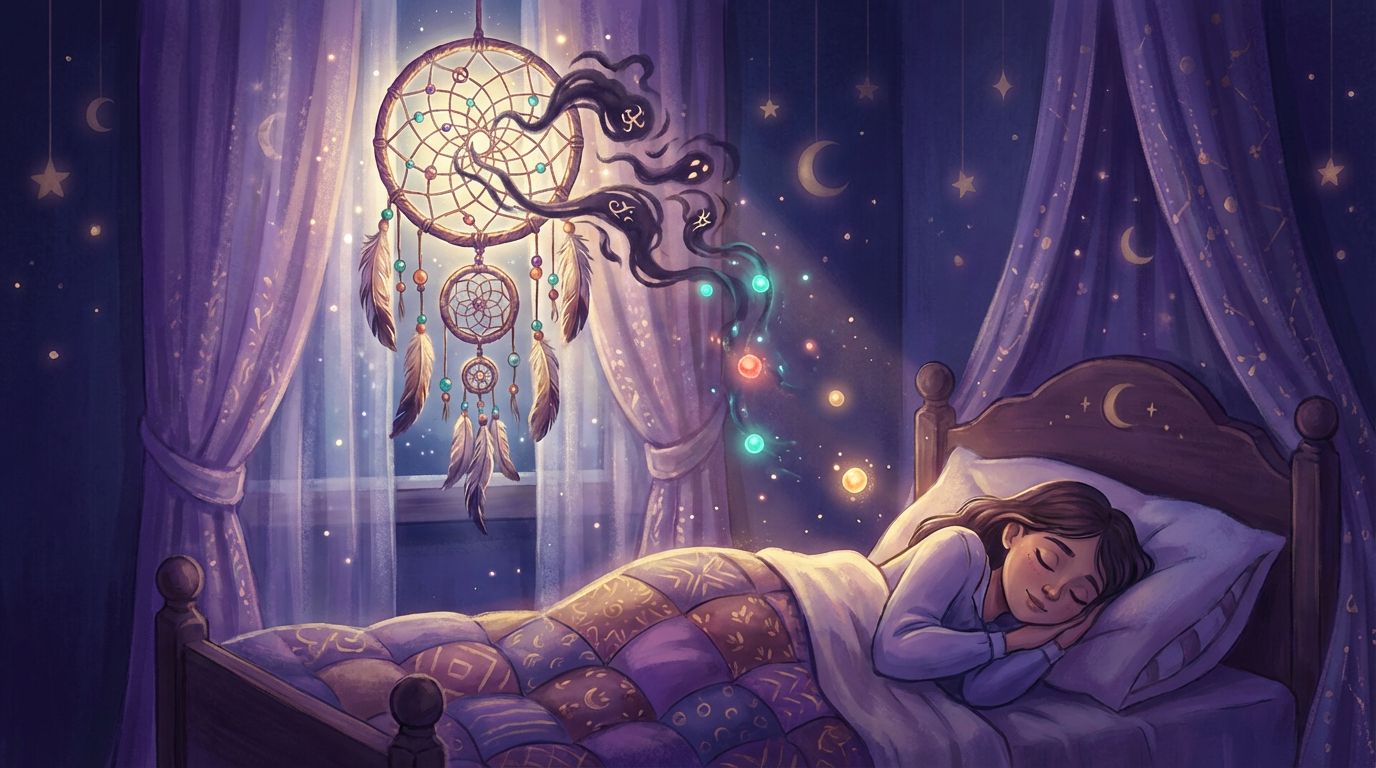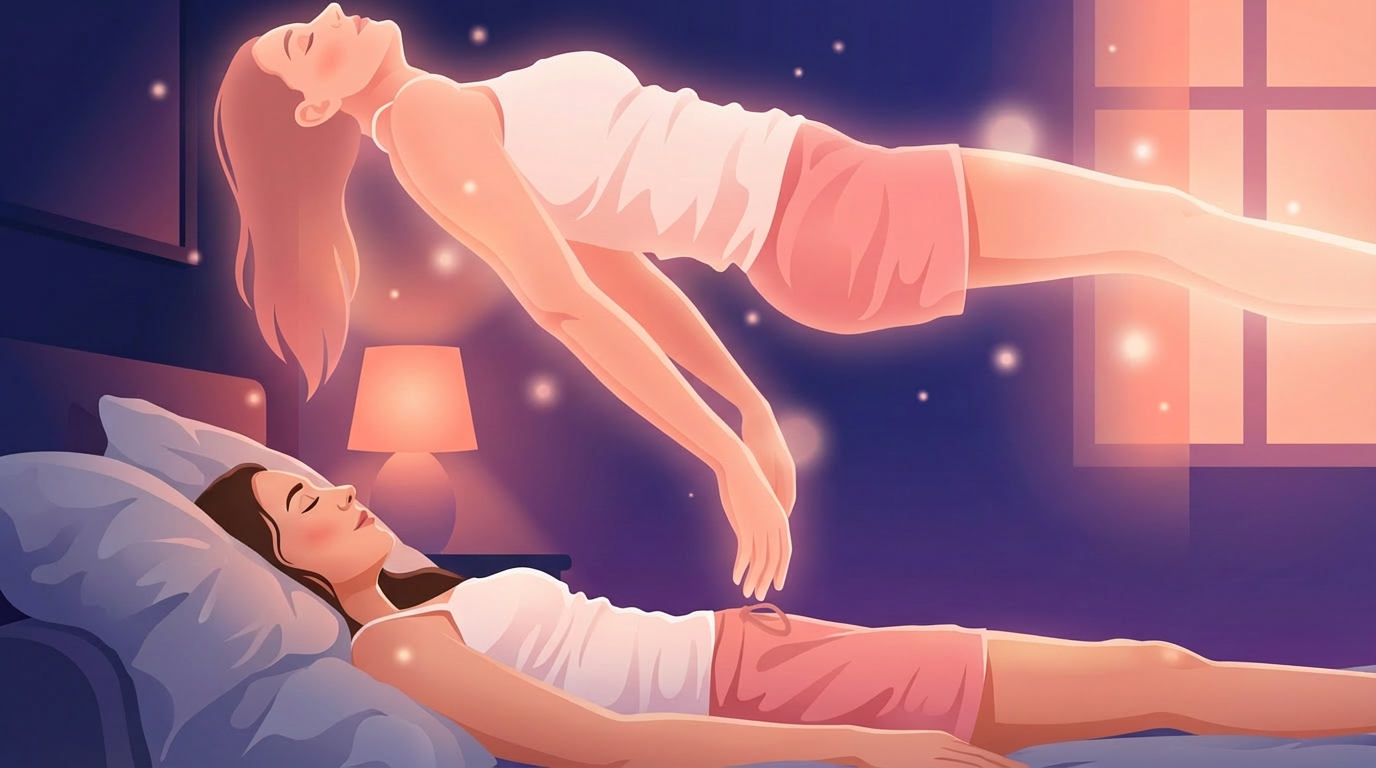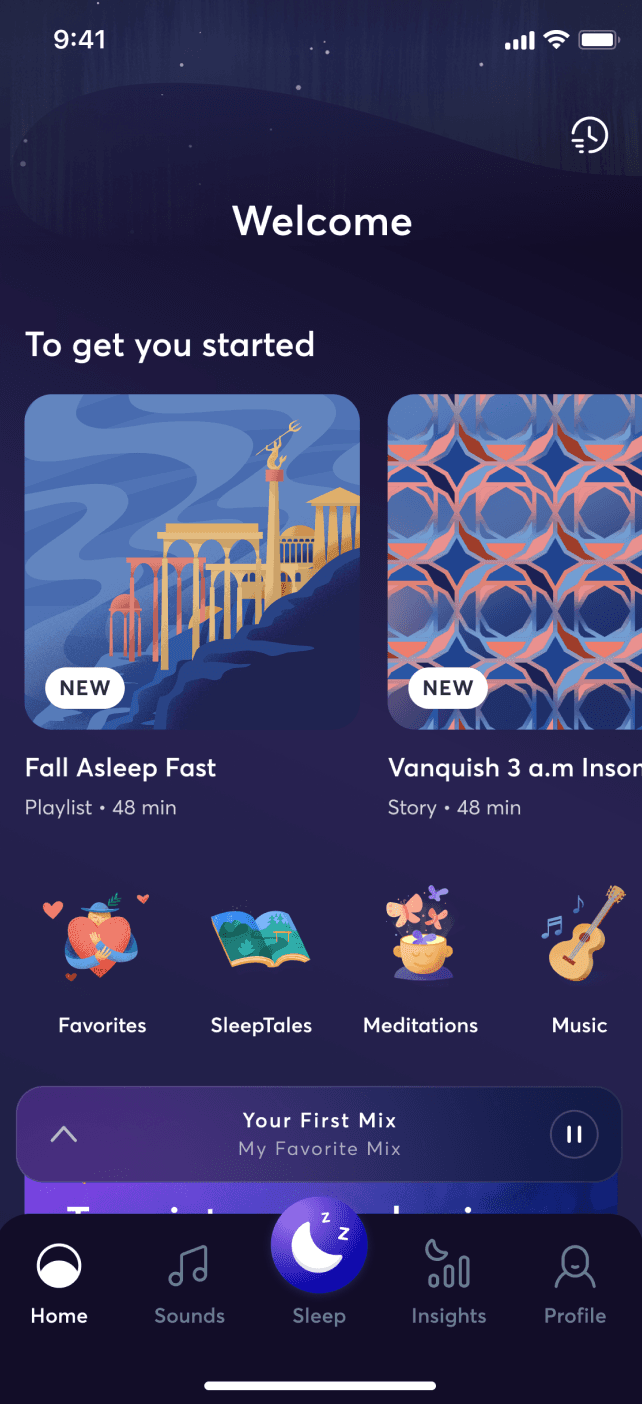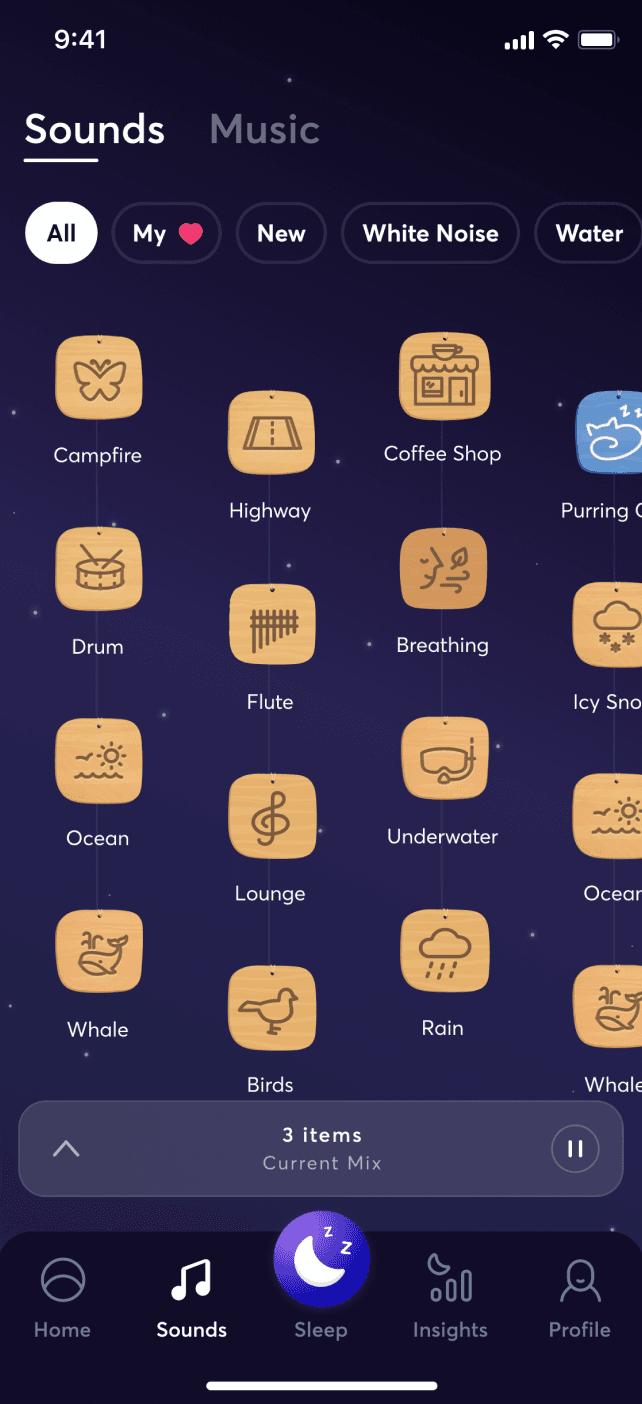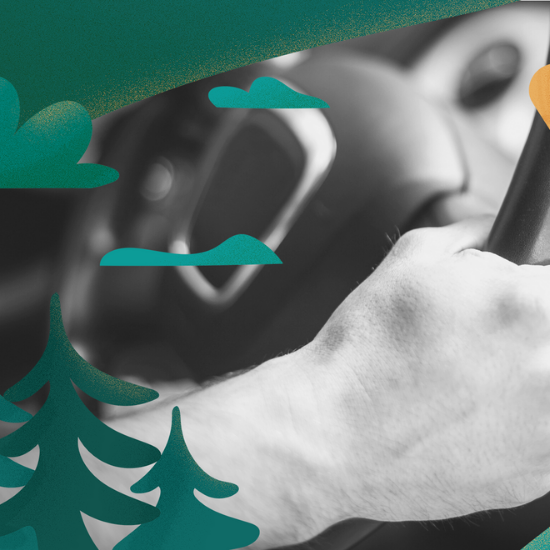
Avoid Road Rage: Create a Space of Calm
From driving too close to the car in front of you on your commute home to losing your cool on that person doing a five-point turn during rush hour, road rage creeps up on everyone. One survey found that 95% of Canadian drivers admit to aggressive and road rage-like behaviour (even though 94% of that population consider themselves responsible drivers).
While it may be easy to attribute road rage to stress or getting caught up in the moment, the consequences can be extremely dangerous. That's why we're giving you the low down on what road rage is, how to avoid it, and how you can create a calm space in your car.
What is road rage?
To get technical, Merriam-Webster defines road rage as, "a motorist's uncontrolled anger that is usually provoked by another motorist's irritating act and is expressed in aggressive or violent behaviour."
Though road rage and aggressive driving are closely related, acts of road rage are usually criminal offences. Aggressive driving is usually considered a traffic offence.
Here are some common examples of aggressive driving and road rage.
• Erratic driving (including ignoring traffic rules, signs and signals)
• Getting too close to the car in front of you (tailgating)
• Yelling, expressing anger through gestures or yelling, honking
• Cutting off another vehicle
• Purposefully braking when someone follows too closely
• Running a vehicle off the road
• Stopping to get out of your car and confront another driver
• Side-swiping another car
What causes road rage?
No one can say exactly what causes angry drivers, some common factors include heavy traffic, anonymity, misuse of alcohol and drugs, impatience, being late, and/or being stressed.
Interestingly, studies have found higher levels of road rage in people with PTSD (with or without traumatic brain injury) and young males and drivers under 35. Psychologists also found that drivers with higher anger levels are more likely to experience more anxiety, impulsiveness and anger during the day. If your baseline state of anger is high going into the car, it makes sense that you're more likely to perceive other drivers as careless or at fault and act out.
How does road rage affect driving?
Drivers that feel angry or impatient may take bigger risks on the road, which can lead to dangerous consequences. Statistics from SafeMotorist.com showed that 66% of traffic fatalities are caused by aggressive driving. According to Psychology Today, high-danger drivers also report having more near-accidents and speeding tickets.
3 physical side effects of anger/stress while driving
Road rage isn't just dangerous for other people but can be bad for your physical health as well.
Stress/anger in the car can lead to;
• Shortness of breath
• Increased heart rate
• Dizziness/lightheadedness while driving (under extreme cases of stress
Emotions can be powerful, and the more you acknowledge them the easier it will be to identify them. The good news? There are simple techniques you can use to control your anger and create a calm driving space.


How to avoid road rage
Avoiding road rage comes down to how well you can control your emotions, something you can practice on and off the road. The more you practice getting into a calm state, the easier it will be to do so in the car.
Here are some tips to create a space of calm in your car
• Practise calming breathing exercises: both in the car and out. It can be a guided exercise or something as simple as taking deep breaths in and out.
• Plan ahead: this won't be possible in all situations, but leaving yourself plenty of time for your commute means you won't feel stressed about feeling late.
• Listen to calm music
• Adjust your driving position: notice if your jaw is clenched, your shoulders are raised and/or if you're gripping the steering wheel tightly. Consciously relax your muscles.
• Don't take things personally: that person that cut you off? Odds are they didn't have a personal vendetta against you, maybe they are late or having a bad day of their own. Go back to deep breathing to calm yourself down and move on.
How to deal with drivers who have road rage
• Leave space: keep yourself safe by leaving plenty of space between you and an aggressive driver. If needed, pull over to give yourself distance from them.
• Don't engage: remember that doing things like tailgating, using rude gestures or cursing at drivers will only escalate the situation. Again, go back to deep breathing and remember it's their issue and not your own. If you fear their actions may impact others negatively, pull over and call the police to report a dangerous driver.
• Don't yell back: de-escalate the situation by using a calm, level voice.
If you're looking for more ways to create a calm space in your car, try BetterSleep's simple meditations.



